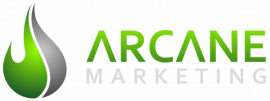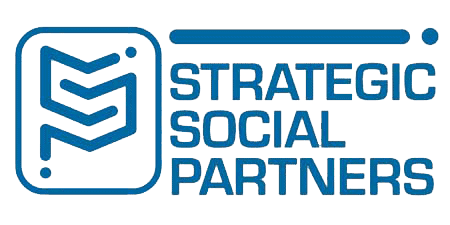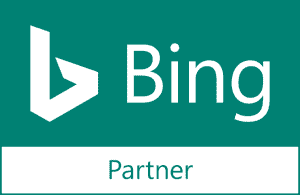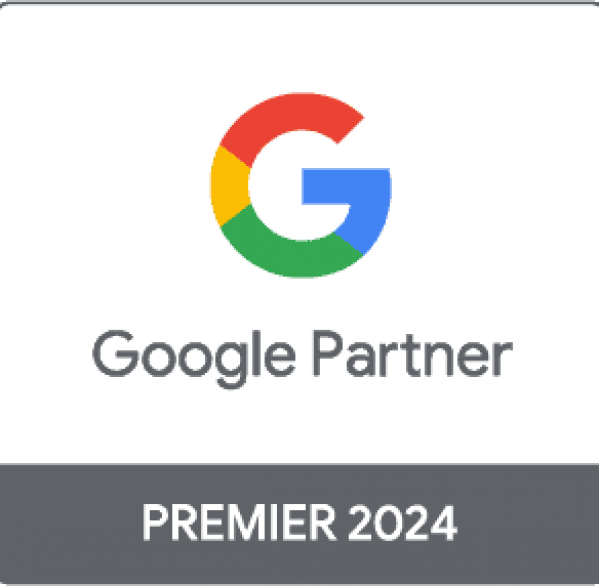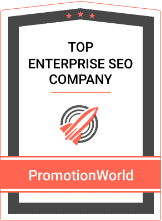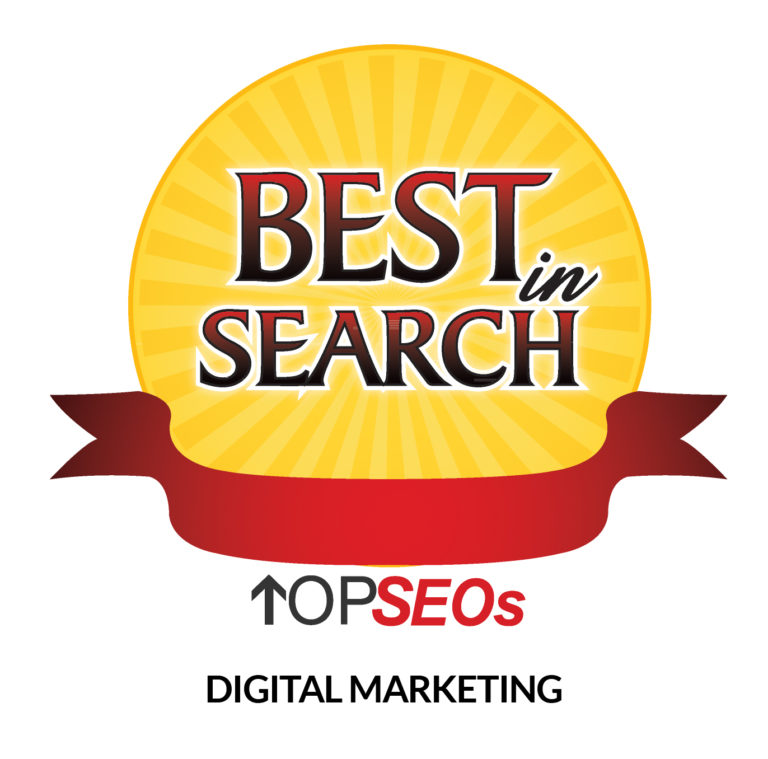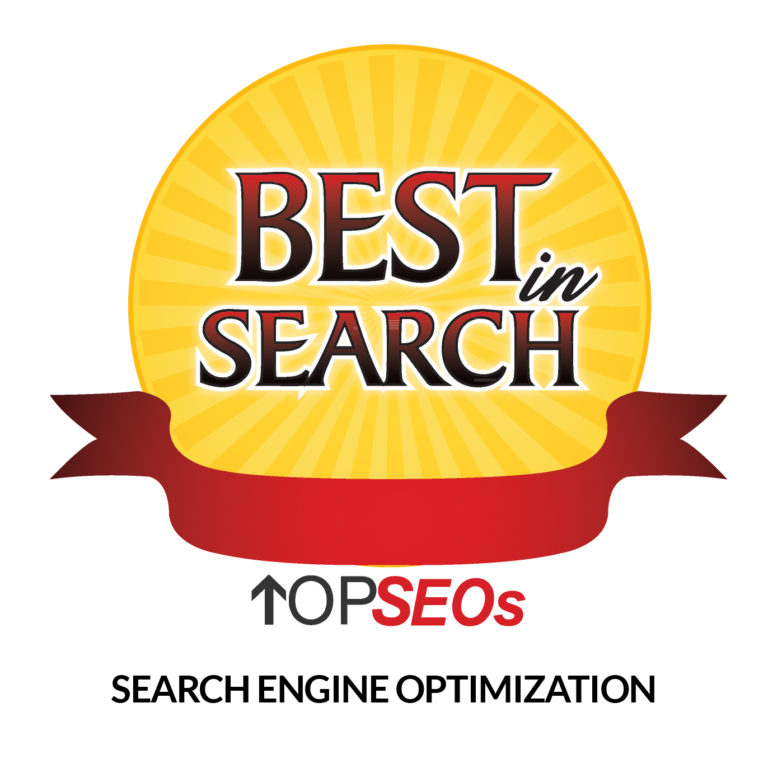Social media can be invaluable to a variety of online businesses for a lot of reasons. It’s important to realize, though, Twitter and Facebook aren’t the only online platforms for promoting your business. More traditional methods like blogs and email marketing are still effective if used correctly. Newer methods like live video streaming can also be applicable to some online marketing strategies. Here are some tips for utilizing these marketing strategies for your company/business.
What Are Email Marketing and Blogging
Email marketing is the practice of sending commercial or promotional messages to a group of people via email. This can include newsletters, product updates, promotional offers, and other types of content designed to build and maintain relationships with customers or prospects. Email marketing is a highly effective way to reach a large audience quickly and at a relatively low cost, and it can be used to drive traffic to a website, generate leads, and increase sales.
Blogging, on the other hand, is the practice of publishing content online in the form of blog posts. A blog is typically a website or section of a website that is regularly updated with new content, usually in the form of written articles or posts. Blogs can cover a wide range of topics, from personal experiences and opinions to news and current events, and they are often used as a platform for sharing expertise or building a community around a particular topic or interest. Blogging can be a powerful tool for building an online audience, establishing authority in a particular niche or industry, and driving traffic to a website or online store.
Benefits of Email Marketing and Blogging To Businesses
Email marketing and blogging are two powerful tools that businesses can use to reach and engage with their audience. Here are some of the benefits of each:
Benefits of Email Marketing:
Reach a targeted audience: With email marketing campaigns, businesses can segment their email list to send messages to specific groups of people, making their campaigns more relevant and personalized.
Cost-effective: Email marketing is one of the most cost-effective marketing channels available, as businesses can reach a large audience without the high costs associated with traditional advertising.
Measurable: Email marketing campaign allows businesses to track their campaign’s performance, such as open rates, click-through rates, and conversion rates, providing valuable data that can inform future marketing efforts.
Builds brand loyalty: By providing valuable content and offers to their email subscribers, businesses can build a customer loyalty base that is more likely to engage with their brand and make repeat purchases.
Increases sales: Email campaigns can be an effective way to drive sales, as businesses can use email to promote products, offer exclusive deals and discounts, and provide personalized recommendations to their subscribers.
Benefits of Blogging:
Improves SEO: Blogging can improve a business’s search engine rankings by providing fresh, relevant content that search engines value.
Builds authority: By sharing their expertise and knowledge in their industry, businesses can establish themselves as thought leaders and build trust with their audience.
Increases website traffic: By creating valuable, shareable content, businesses can attract new visitors to their website and encourage them to explore other pages.
Generates leads: By offering gated content, such as e-books or webinars, businesses can capture contact information from potential leads and use it to nurture them into customers.
Provides value to customers: By creating informative, entertaining, or inspirational content, businesses can provide value to their audience and strengthen their relationship with them.
Email Marketing Strategy and Tips for Successful Campaigns
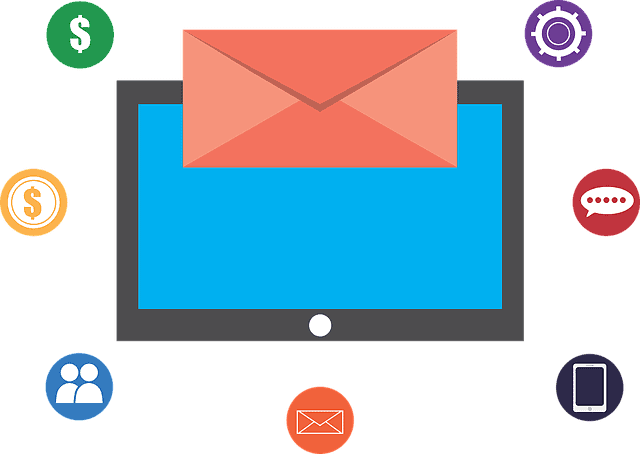
Here are some tips for an effective email marketing campaign:
Know your audience: Understand your target audience’s interests and preferences so that you can tailor your emails to their needs.
Have a clear goal: Define the purpose of your email campaign and set specific, measurable goals that align with your business objectives.
Carefully choose your email service providers: An email service provider (ESP) lets you segment your audience, organize your list, and distribute email campaigns to your audience.
Use a compelling subject line: Your email subject line should be short, attention-grabbing, and give a clear idea of what’s inside the email. A poor subject line can cause your email to end up in the spam folder.
Personalize your message: Use the recipient’s name and other relevant information to make the email feel more personal and engaging and to avoid
Keep your content relevant: Provide value to your audience by sending them useful information, promotions, or discounts that are relevant to their interests.
Optimize for mobile: Make sure your emails are optimized for mobile devices as more than half of all emails are opened on smartphones or tablets.
Test and refine: Test different email formats, subject lines, and call-to-actions to see what works best for your audience, and refine your approach accordingly.
Monitor your results: Use email marketing tools to track your marketing emails open rates, click-through rates, and conversions to gauge the success of your email campaign and make data-driven decisions.
By following these tips, you can create a successful email marketing campaign that engages your audience, drive traffic to your website, and ultimately, increase your sales or conversions.
How to Create a Successful Blog Strategy

Creating a successful blog strategy involves several steps. Here are some tips to help you create a blog strategy that works:
Define your goals: Determine what you want to achieve with your blog. Is it to generate leads, drive traffic to your website, or establish yourself as an authority in your industry? Your goals will shape your blog’s content and direction.
Identify your target audience: Determine who your target audience is and what they want to read. This will help you create content that resonates with them and keeps them engaged.
Conduct keyword research: Use keyword research to identify the topics your audience is interested in and to optimize your content for search engines.
Develop a content calendar: Plan out your content in advance and create a content calendar. This will help you stay organized and ensure that you have a steady flow of content.
Optimize your content for SEO: Use on-page SEO techniques to optimize your content for search engines. This includes optimizing your headlines, meta descriptions, and internal linking.
Promote your content: Use social media and other marketing channels to promote your blog and attract readers. Join blogging communities and engage with other bloggers in your niche.
Analyze and optimize: Use analytics tools to track your traffic and engagement. Use this data to optimize your content and strategy for better results.
Through these steps, you can create a successful blog strategy that drives traffic to your website, engages your audience, and achieves your goals. Remember to stay consistent and stay true to your brand, and you’ll be well on your way to success.
Pro Tips
The popularity and use of social media marketing have skyrocketed over the last few years. Because of this, some marketers have actually stopped focusing on email marketing. However, it is still a very effective practice for communicating with prospects and customers. Email marketing software like MailChimp and ConstantContact are great for managing large email lists and creating automated email campaigns.
Check Out New Tools
Aside from the most popular social channels like Facebook and Twitter, there are lots of new and exciting mobile and social platforms that can be beneficial for promoting your message. Check out Instagram, Periscope and Meerkat – just to name a few.
Blog Analytics
All bloggers want a large following. In order to grow your blog following, you have to understand where your current traffic is coming from and what your most popular content is. Then you can use that information to increase your following even more. So blog analytics are absolutely necessary.
Learn These Essentials About Search Engine Marketing
Search engine marketing is constantly changing and it can be hard to keep up with. Luckily, there are a few essential things you should know in order for your online marketing campaigns to be effective.
Benefit From Cloud Technology
Cloud technology has made a huge impact on many different aspects of running a business, from marketing to securing business data. Rieva Lesonsky shares some benefits of using cloud technology in this post. And BizSugar members share their thoughts too.
Pay Attention to the Messages Your Content is Sending
Whether you’re writing a blog, crafting an email newsletter, or creating other types of online content, you need to be aware of the messages you’re sending. This doesn’t just mean knowing the subject matter you’re discussing. There are certain aspects of your content that might send negative subliminal messages to your audience.
Blog About (Almost) Anything
Having a blog can still be incredibly beneficial for your business. There are certain industries that more easily lend themselves to great online content. But anyone who can find a unique voice can potentially benefit from having a business blog. In your blogs, remember to be relatable, have fun, and provide information people are searching for.
Be Wary of Clickbait
Clickbait, or online posts with flashy headlines, can certainly drive traffic to your site. But most readers aren’t fans of exaggerated and only somewhat true headlines that don’t really deliver with great content.
Draw A Crowd Your Business Blog
When you first start a business blog, it can seem like your parents or close friends are the only ones who ever read it. We have all been there! But there are plenty of ways you can work to attract new readers, from social media to guest posting and more.
Final Takeaways
Email marketing and blogging can be a powerful duo for expanding your online reach and growing your business. By leveraging the benefits of both platforms, you can create a cohesive digital marketing strategy that maximizes your impact.
Blogging allows you to share valuable content with your audience and establish yourself as an authority in your field. It can also drive traffic to your website and increase your email subscriber list.
Email marketing, on the other hand, enables you to build meaningful relationships with your subscribers and convert leads into customers. It can also help you personalize your communication and track your results for continuous improvement.
Together, email marketing and blogging can help you stay top of mind with your audience and achieve your business goals. So, don’t hesitate to explore their potential and make them work for you.
If you think you need help in implementing an effective email marketing campaign and blogging, do reach out without any hesitation. We’d love to help you.
